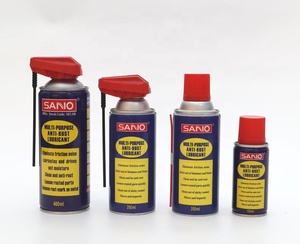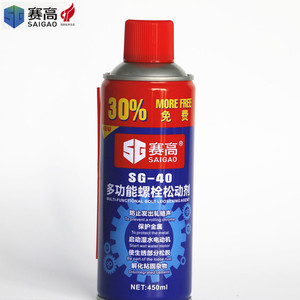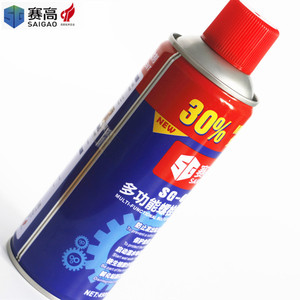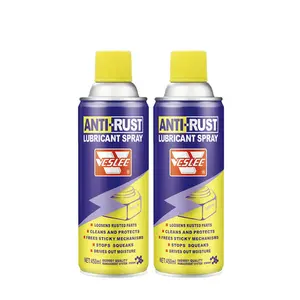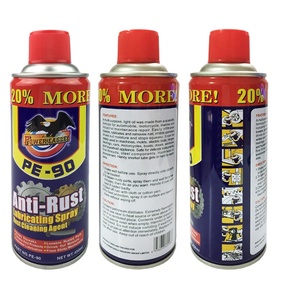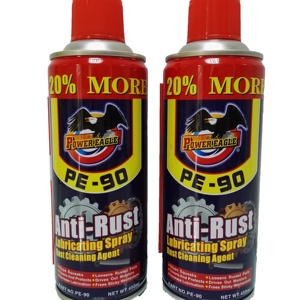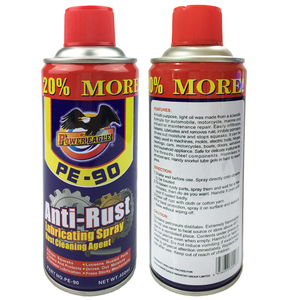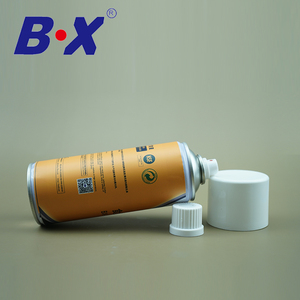Understanding Spray Lubricant
Spray lubricant is an essential product used across various industries for reducing friction and wear between moving parts. This versatile solution comes in a convenient aerosol format, making it easy to apply in hard-to-reach spaces. Unlike traditional grease or oil, spray lubricants provide a quick and effortless way to maintain machinery, tools, and equipment, significantly extending their life while enhancing efficiency.
Types of Spray Lubricants
Spray lubricants come in several types, each formulated for specific applications or environments. Here are some popular types:
- Multi-Purpose Lubricants: Ideal for general lubrication needs, they can be used on a variety of surfaces.
- Penetrating Oils: Designed to seep into tight spaces, these lubricants are excellent for loosening rusted or stuck components.
- Silicone Spray: Offers a slippery finish that protects against moisture and is non-staining, making it suitable for household appliances.
- Heavy-Duty Industrial Lubricants: Formulated to withstand extreme conditions, these are used in larger machinery and equipment to maintain peak performance.
Applications of Spray Lubricant
Spray lubricants have a wide array of applications across different fields, demonstrating their versatility:
- Automotive Maintenance: Keeps hinges, locks, and engines running smoothly, preventing wear and corrosion.
- Industrial Machinery: Essential for preventing metal-to-metal contact in large machines, enhancing their operational lifespan.
- Home Use: Ideal for household tasks like squeaky door hinges, sliding windows, and bicycle chains.
- Aerospace and Aviation: Used in aircraft maintenance for lubricating parts exposed to harsh elements.
Advantages of Using Spray Lubricants
Utilizing spray lubricants brings about a multitude of benefits, making them a preferred choice for many:
- Easy Application: The aerosol format allows for precise application, minimizing waste and mess.
- Quick Drying: Many spray lubricants dry quickly, leaving a protective coating without leaving a residue.
- Increased Efficiency: Reducing friction enhances the performance of machinery, leading to lower energy costs and higher productivity.
- Corrosion Resistance: Many formulations offer added protection against rust and corrosion, ensuring the longevity of metals.







